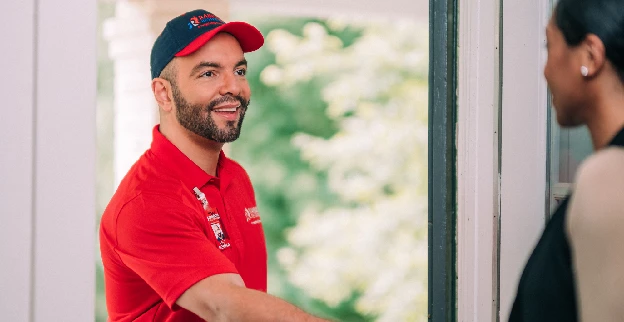After experiencing a fire incident in Lynchburg, VA, it’s essential for property owners to restore smoke and fire damage as quickly as possible to minimize health and safety hazards. By consulting local experts and following best practices during restoration processes, property owners can navigate the process efficiently while staying safe during restoration.
Understanding Fire and Smoke Damage Restoration
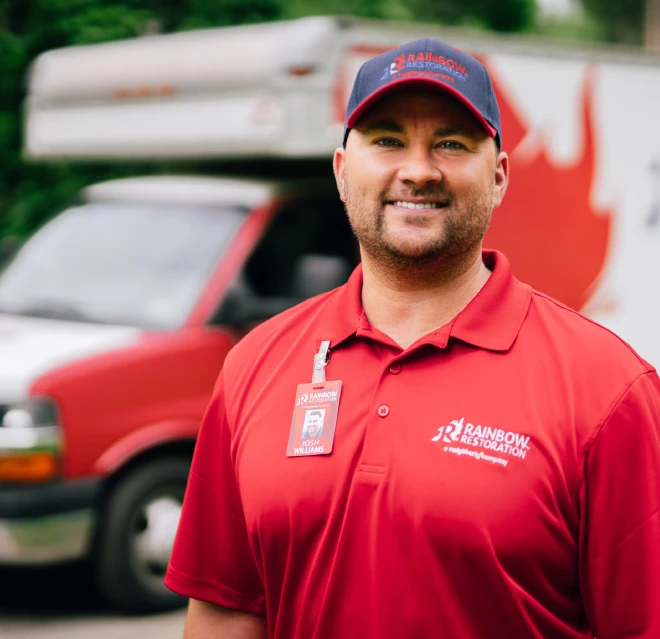
Prioritizing Health and Safety during Restoration
During the restoration process, it’s important to implement safeguards such as personal protective equipment to protect both residents and restoration professionals. After fire incidents occur, it's vitally important to correct structural integrity issues as soon as possible and address safety concerns to maintain an ideal working environment.
Moreover, restoration experts must strive to minimize their environmental footprint during cleanup processes. By addressing environmental concerns, restoration professionals in Lynchburg can help maintain the city’s natural beauty while supporting the overall well-being of their community.
FAQ about Fire and Smoke Damage Restoration in Lynchburg
Residential and Commercial Services
From water damage restoration, fire damage restoration, mold removal, to specialty cleaning services, we have the expertise property owners can trust for complete restoration and cleaning after a disaster or emergency.
-
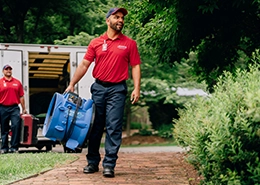
Water Damage Restoration
Restore properties after significant water damage from natural disasters or plumbing issues.Learn more Water Damage Restoration -
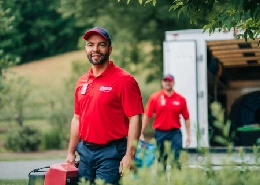
Smoke and Fire Damage Restoration
Remediation of structural fire damage, soot, and smoke stains to fully restore a property.Learn more Smoke and Fire Damage Restoration -
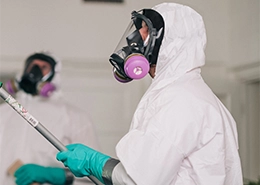
Mold Removal
Safeguard the health of occupants by eliminating potential health hazards and prevent further damage.Learn more Mold Removal -

Full-Service Reconstruction
Restore lives and rebuild properties after damaging events such as a fire, flood, or severe weather.Learn more Full-Service Reconstruction
Our Blog
-
.webp)
What Is a Restoration Company and When Will You Need One?
Restoration companies handle property damage from events such as floods, fires, and mold growth. They help restore a property to its best possible state by cleaning and repairing any damage.
-
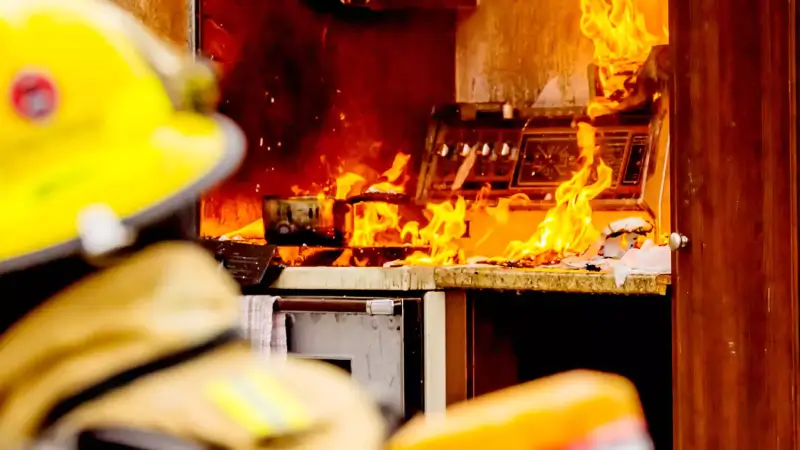
28 House Fire Statistics: How Common Are House Fires?
Knowing and understanding house fire statistics can provide valuable insight into how common house fires are, their typical causes, ways to prevent them, and the costs of smoke and fire damage.
-
.webp)
How Does Mold Spread? 5 Common Causes [+ Prevention Tips]
Mold spreads through air and water. Mold releases spores that use different methods to move from one place to the next. However, mold spread through the air is the most common form of growth in households and businesses.
White Papers
-
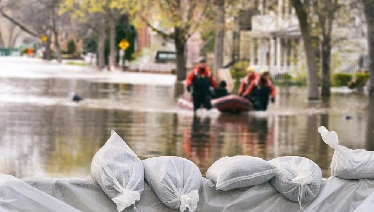
Disaster Restoration Response Time and Why it Matters
-
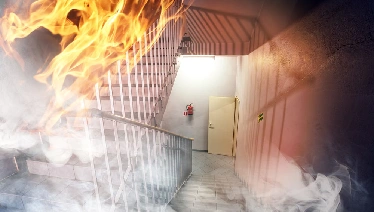
The Role of Emergency Preparedness Planning in Minimizing Business Disruptions
-
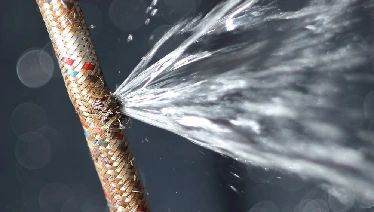
Protecting Your Home, Rental Property, or Business from Appliance-Related Floods
